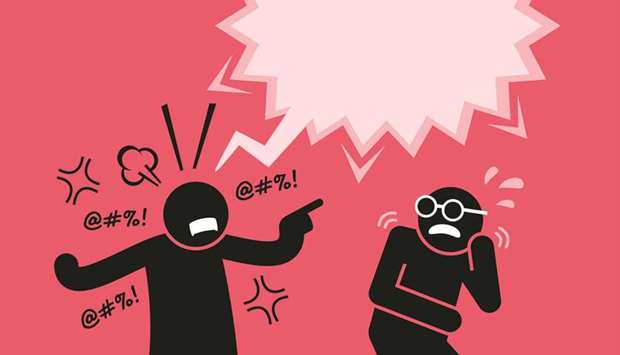From the dawn of human civilisation, there has been this unseen, almost whispered, driving force that has influenced generations of paths and identities. Hate. A powerful and destructive element of the human concept, drawing origin both biologically as well as socially. When we first learn of it in our childhood, we cannot fathom the idea of being capable of something so crude. Adolescence changes things a little in this department, while adulthood finally ushers it in with a sense of normalcy.
As a concept that has a basis in biology, studies show that when we feel hatred, a part of the brain called the Amygdala, which is responsible for fear and aggression, flairs up in activity. Being exposed to such triggers can actually elicit this almost visceral reaction. Hate also has its root in personal stories, much like the concept of love. It is viewed as this complicated mix of cognition and emotion. The cognition is present in the view of the ‘threat’ and its devaluation, while the emotion is an intricate mix of feelings like fear, hostility and anger. Cognition is what builds the connection between the object of hatred and the primal emotion. When hatred is experienced by an individual, the focus of these feelings is believed to be of malevolent intention and moral wrongs. This brings with it feelings of weakness and uncontrollability.
So, why does this even occur? One strong reason we hate is because we have a fundamental fear of what is different from us. Personal struggle and adversity can add to a rising swell of hatred as well. Oftentimes, we project what we hate about ourselves onto others by suppressing this trait we don’t like that resides within us, throwing hatred and judgement at others who possess it. To make up for these personal lows, people attach themselves to a prestigious organisation, individual or ideology. This kind of participation fosters a spirit of connection and camaraderie, which serves the purpose of filling a void in one’s identity while also distracting the person from the challenging task of actually building that identity for themselves.
Hate can be felt at an interpersonal level. The target of the hatred is most likely known to the person, be it via family ties, marital or even co-workers, which suggests an intimate connection between the two. And what about intergroup hate? This is where negative feelings are held on behalf of one group towards the others or the ‘outgroup’, seeking to eliminate or subjugate them. It becomes an example of self-defence in some twisted sense. They do not need to know the people to hate them, with their membership in the “other group” being reason enough. This is why it is actually easier to hate a group, where a lack of interaction with the other group’s individuals leaves one’s stereotypes and prejudices unchecked.
So when we put this kind of abstract theory in reality, what do we see? We see power play. We see people using hate as a tool to divide, to further a selfish aim. We see a pillar of democracy destroyed, engaged in a witch hunt in an effort to distract us not only from discussing issues that affect us all, but working to shift the gaze away from the people responsible. Hate crimes are celebrated, paraded; we see them dance on graves. We see rules dictating morals, instead of the other way round.
It’s like hate is the acceptable thing now, like it’s in fashion. Everybody is doing it, and if you aren’t then you’re probably missing out. We are out for blood. Rationality has been side-lined by this thirst for primal satisfaction. Those who see things for what they are stand silently, in fear of becoming their heroes and thus gaining their villains.
So why wouldn’t I be scared. I think not being scared would be foolish, which is why I will be the first to admit that I. Am. Terrified. Hatred has taken away one too many, and I refuse to be another number in that statistic. We as a collective need to rid ourselves of what has been shoved down our throats since before we could walk, and has remained within for far too long. If something is learnt then it can be unlearnt, we just need to figure out how.

